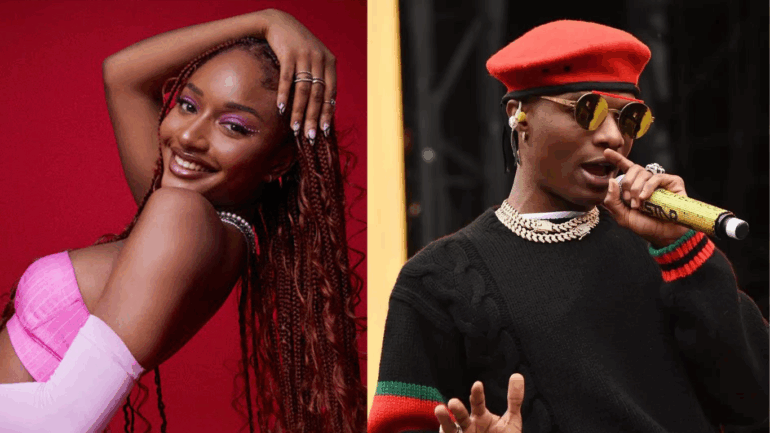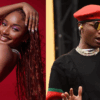Listeners:
Top listeners:
-
 play_arrow
play_arrow Cosoro Radio UK No.1 Afrobeats Music Radio Station in UK
A people’s music has always been important in every sphere of their lives. In times of joy, sadness, struggles, wins, or losses, music has always had a place. However, there are different kinds of songs for different occasions.
The nature of Afrobeat music will make one think it is a good fit for celebrations. The sounds and drums are loud, and it sounds really happy. Afrobeat tunes are certain to be played at parties. The age group of the congregation doesn’t seem to matter. You’re bound to groove when you hear the songs.
However, there’s one other kind of gathering where Afrobeat songs have stamped authority over time. Protests, marches, and demonstrations are a huge part of activism. Ordinarily, one would expect people in gatherings like this to be solemn or angry. Yes, they are. But, somehow, the “funky” Afrobeat songs have found a high level of acceptability in these gatherings.
Reggae, a very popular element of afrobeat music has always been associated with agitations. It has its roots in struggles. It was principally concerned with “truths and rights”. Legends like Bob Marley sang many songs that would become anthems at protest grounds. South African artist, Lucky Dube was also very famous for singing about human rights and civility.
Afrobeat became popular in the 60s through Fela Kuti’s energetic drums and lyrics. It quickly became obvious that this is a brand of music. Fela’s songs made the audience groove in a funky mood. Yet, he also took shots at the government’s inadequacies. This was not a surprise to those who knew his history. Fela’s mother was a foremost activist in the colonial era. His records, concerts, and events in Kalakuta republic were certain to witness a protest against authority’s high-handedness. His protests weren’t limited to Nigerian governments and individuals. International organizations were not spared.
Afrobeat has evolved over the years. Most afrobeat artists, especially from Nigeria revere Fela. Many of them have modeled their songs after his tone. His sons, Ṣeun and Femi have both tread the same path as their father in Afrobeat activism. Some have even sampled his works. Artists like Burna Boy and Falz (son of a renowned human rights lawyer) have recently produced bodies of works that were based on Fela’s activism. Falz’s album, Moral Instruction in 2019 gave Nigerian fans a feeling of listening to Fela again.
Apart from Fela’s tunes being sampled or modeled, other Afrobeat heavyweights have been involved with activism in Nigeria and beyond. Lagbaja’s ‘200 million mumu‘ is one of his recent and top songs aimed at the awakening of Nigerians. He sang about the evils of successive governments and the docility of the populace.
Kizz Daniel’s song, ‘Bad’ in one of its verses focused on police brutality and election malpractices in the country. Davido’s ‘FEM’ was released very close to the ENDSARS protests. ‘Fem’, which means ‘Shut Up’ was adopted by many protesters. The song was echoed on protest grounds across the country. After events that went down at the Lekki tollgate in October, 2020, Burna Boy released a song, ‘20.10.20’. As expected, the song chronicled the government’s atrocious behavior and the ‘Lekki Massacre’. There were recorded sounds from the protest grounds in the song.
Apart from songs that condemn the evils in the society, artists have continuously been part of demonstrations and protests within and outside the country. Sometimes, they take to their social media handles to give opinions on trending societal issues. It is, therefore, safe to say that Afrobeat and Afrobeat artists have been and will always be a part of activism.
Written by: Site Admin
afrobeats ENDSARS fela kalakuta lagbaja
Similar posts
Recent Comments
No comments to show.
Copyright © 2025 Cosoro Radio | All rights reserved











